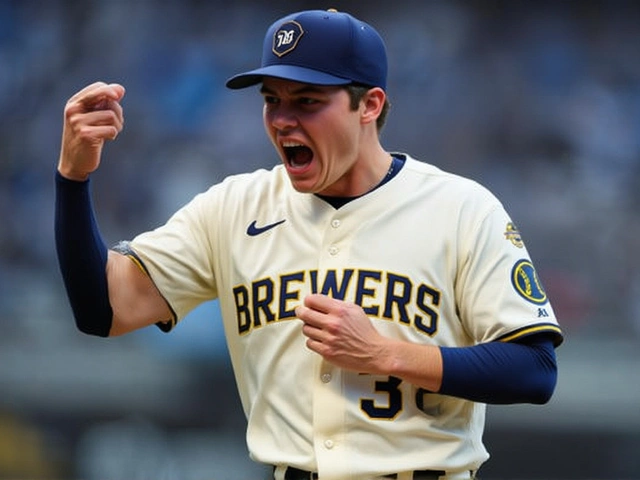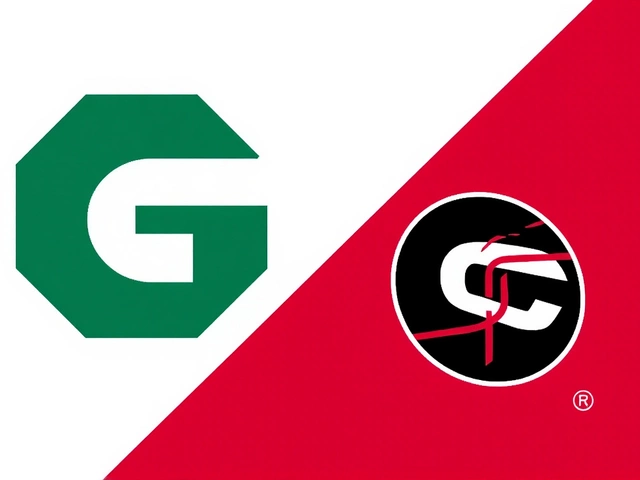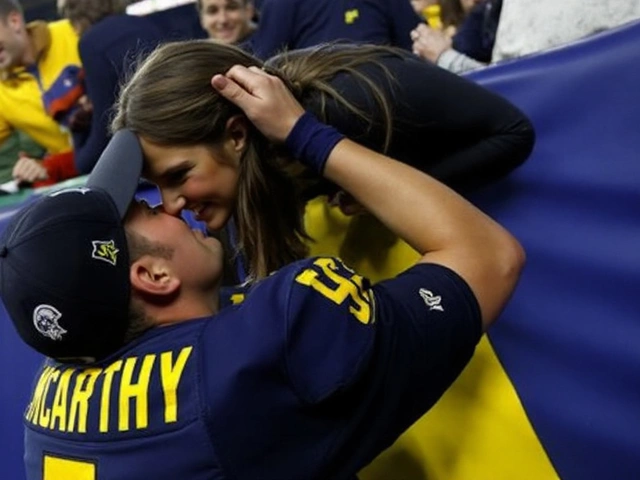At 40 years old, LeBron James didn’t just show up—he rewrote history. On Tuesday night, November 18, 2025, at Crypto.com Arena in Los Angeles, the four-time NBA champion made his season debut in what became the first game of his unprecedented 23rd NBA season, dropping 11 points and dishing out 12 assists in just 30 minutes as the Los Angeles Lakers demolished the Utah Jazz 140-126. He didn’t need to score much to make an impact. He just needed to pass, to orchestrate, to remind everyone why he’s still the game’s most complete player—even when he’s not at his most explosive.
A Record That Defies Time
LeBron didn’t just play. He surpassed Vince Carter, who held the record for most NBA seasons at 22. At 40, James is now the first player in league history to appear in 23 seasons. He entered the game having missed training camp and the Lakers’ first 14 games due to sciatica—a condition that sidelined him longer than most expected. But when he stepped onto the court, the arena didn’t just cheer—it stood. The streak of 1,293 consecutive games with double-digit scoring? Still alive. He passed Reggie Miller for sixth on the all-time three-pointers list with two long-range bombs in the first half. That’s right: a man who entered the league in 2003, at 18 years old, is now outshooting players who were born after his debut.Keyonte George, the 21-year-old Jazz point guard born just 10 days after James’ first NBA game, put up 33 points and five threes. Lauri Markkanen added 31 for Utah. But this wasn’t about the young guns. It was about the veteran who still sees the floor like a chess master.
The Lakers’ Offensive Explosion
While LeBron orchestrated, Luka Dončić burned the Jazz alive. The 26-year-old Slovenian phenom dropped 37 points—17 of them in the third quarter alone—as the Lakers outscored Utah 37-22 in that decisive frame. Austin Reaves chipped in 26 points and five rebounds, while the Lakers as a team shot 50% from the field, turning the game into a highlight reel. Their biggest deficit? 11 points in the first quarter. By halftime, they led 67-71. By the end of the third, they were up 104-83. The Jazz never recovered."He didn’t take long to find the flow," read the NBA.com recap. "He put on a playmaking clinic in the second half." One assist, a no-look bounce pass through three defenders to Reaves for a layup, drew gasps from the crowd. Another, a behind-the-back dime to Dončić in transition, was replayed five times on the Jumbotron. "Look at that pass," said the ESPN YouTube highlights narrator. "He’s on fire."

What This Means for the Lakers—and the League
The win improved the Lakers to 11-4, their third straight victory, and solidified them as legitimate Western Conference contenders. With Dončić healthy and playing at an MVP level, and James back in rhythm, this team has the potential to be dangerous come playoff time. But beyond the standings, this game carried cultural weight. James isn’t just playing basketball—he’s redefining aging in professional sports. No one has lasted this long at this level. No one has dominated this long.For the Jazz, the loss extended their slump to five defeats in seven games. They’re 5-9 and struggling to find consistency. Markkanen and George are young and talented, but without a true floor general, they’re left chasing a team that’s playing with veteran poise.

What’s Next?
James is expected to play regularly from here on out. His minutes will likely be managed—probably capped around 30-32 per game—but his presence alone changes how opponents defend. The Lakers next face the Phoenix Suns on Friday, a team they’ve beaten twice already this season. Meanwhile, the Jazz head to Denver to face the Nuggets, a matchup that could expose their defensive gaps.LeBron’s 23rd season isn’t just about stats. It’s about legacy. It’s about proving that greatness doesn’t retire—it evolves. He’s not chasing records anymore. He’s becoming one.
Frequently Asked Questions
How does LeBron James’ 23rd season compare to other long careers in NBA history?
LeBron James is now the only player in NBA history to play 23 seasons, surpassing Vince Carter’s previous record of 22. For context, Kareem Abdul-Jabbar played 20 seasons, and Robert Parish and Kevin Garnett each played 21. James has also played more total regular-season games (1,563) than any other player, and his 1,293 consecutive double-digit scoring games is an unbreakable streak—spanning nearly two decades since January 2007.
Why did LeBron miss the first 14 games of the 2025-2026 season?
LeBron missed the start of the season due to sciatica, a nerve condition causing pain that radiates from the lower back through the hips and legs. The Lakers opted for caution, prioritizing his long-term health over rushing him back. He underwent physical therapy and light conditioning throughout the break, returning only when cleared by medical staff—showing the organization’s commitment to managing his workload in his 23rd year.
Who are the top scorers for the Lakers and Jazz in this game?
Luka Dončić led all scorers with 37 points for the Lakers, followed by Austin Reaves with 26. For the Jazz, Keyonte George scored a season-high 33 points, and Lauri Markkanen added 31. LeBron contributed 11 points but added 12 assists, showing his role has shifted toward playmaking as he ages—something that’s become increasingly vital to the Lakers’ offensive flow.
How significant is LeBron passing Reggie Miller on the all-time three-pointers list?
Passing Reggie Miller for sixth place on the all-time three-pointers list is a major milestone. Miller, a pure shooter, made 2,560 threes over 18 seasons. James, a power forward who wasn’t known for three-point shooting early in his career, now has 2,561 career threes. It’s a testament to his evolution—he’s adapted his game to survive decades, mastering new skills while maintaining elite efficiency. Only Ray Allen, Stephen Curry, James Harden, Kyle Korver, and Damian Lillard are ahead of him.
What does this mean for the future of the NBA?
LeBron’s longevity is reshaping how teams approach player development, rest, and aging. His 23rd season proves that with proper medical care, conditioning, and smart workload management, elite performance can extend well into the 40s. Young stars like Dončić and George now have a living blueprint: longevity isn’t just possible—it’s becoming the new standard. The league may soon see more players extend careers beyond 20 seasons, thanks to James’ example.
Is LeBron still capable of carrying a team in the playoffs?
He doesn’t need to carry them alone anymore. With Dončić playing at an MVP level and Reaves hitting key shots, James is now more of a conductor than a soloist. In the playoffs, when defenses tighten, his ability to read rotations, draw double-teams, and find open shooters will be invaluable. He’s not the primary scorer he once was—but he’s arguably more dangerous. His basketball IQ, timing, and leadership are what win championships now.





